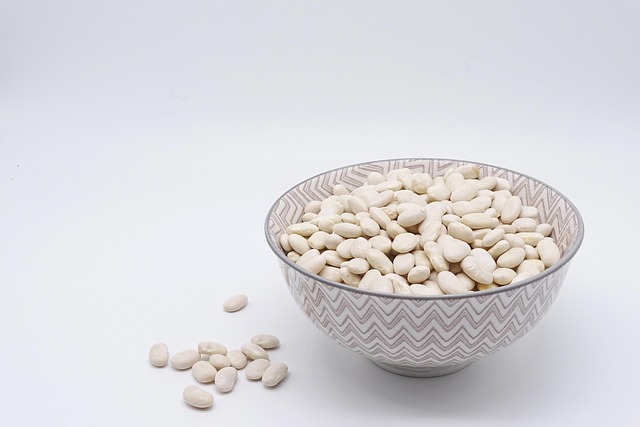In today’s world, where health consciousness is on the rise, many individuals are making a pivotal shift towards a healthier lifestyle. This transformation often includes a focus on plant-based diets and vegetarian protein sources that provide vital nutrients without the saturated fats typically found in animal products. If you’re seeking to enhance your nutritional intake while embracing a more sustainable way of living, understanding various vegetarian protein sources is essential.
When we think of protein, we often imagine meat, dairy, or eggs. However, the realm of vegetarian protein sources is vast and filled with delicious options that can easily fit into any meal plan. Legumes, such as lentils, chickpeas, and black beans, are excellent protein-packed staples that can be incorporated into salads, soups, and main dishes. Not only do they provide a significant amount of protein, but they are also rich in dietary fiber, which supports digestive health.
Another powerhouse of plant-based protein comes from whole grains. Quinoa, farro, and barley are not only versatile but also deliver essential amino acids that our bodies require. Quinoa is particularly noteworthy as it a complete protein, meaning it includes all nine essential amino acids. This makes it a great choice for anyone looking to fuel their body with high-quality nutrients without relying on animal-based products.
Nuts and seeds are also fantastic vegetarian protein sources. Almonds, walnuts, chia seeds, and hemp seeds not only offer protein but are also rich in healthy fats and antioxidants. These can easily be sprinkled over salads, blended into smoothies, or even eaten as snacks to keep your energy levels high throughout the day.
Tofu and tempeh, derived from soy, are beloved staples in plant-based diets due to their versatility and high protein content. They can absorb flavors from various marinades, making them perfect for stir-fries, sandwiches, or grilled dishes. With a myriad of ways to prepare these soy products, they can be an exciting addition to your meals.
Incorporating a variety of vegetarian protein sources into your diet not only benefits your health but can also be kinder to the planet. With a growing awareness of environmental issues associated with animal farming, many are turning to plant-based options as a means to support sustainability. Choosing to consume more plant proteins is not just a personal health choice, but a step towards a more sustainable future.
A healthy lifestyle often thrives on balance and diversity in food choices. By experimenting with different vegetarian protein sources, you can discover new flavors and textures while ensuring you meet your body’s nutritional needs. Remember, a plant-based diet doesn’t mean sacrificing flavor or satisfaction. Instead, it invites creativity in the kitchen and an opportunity to explore a wide array of delicious and nutritious meals.


